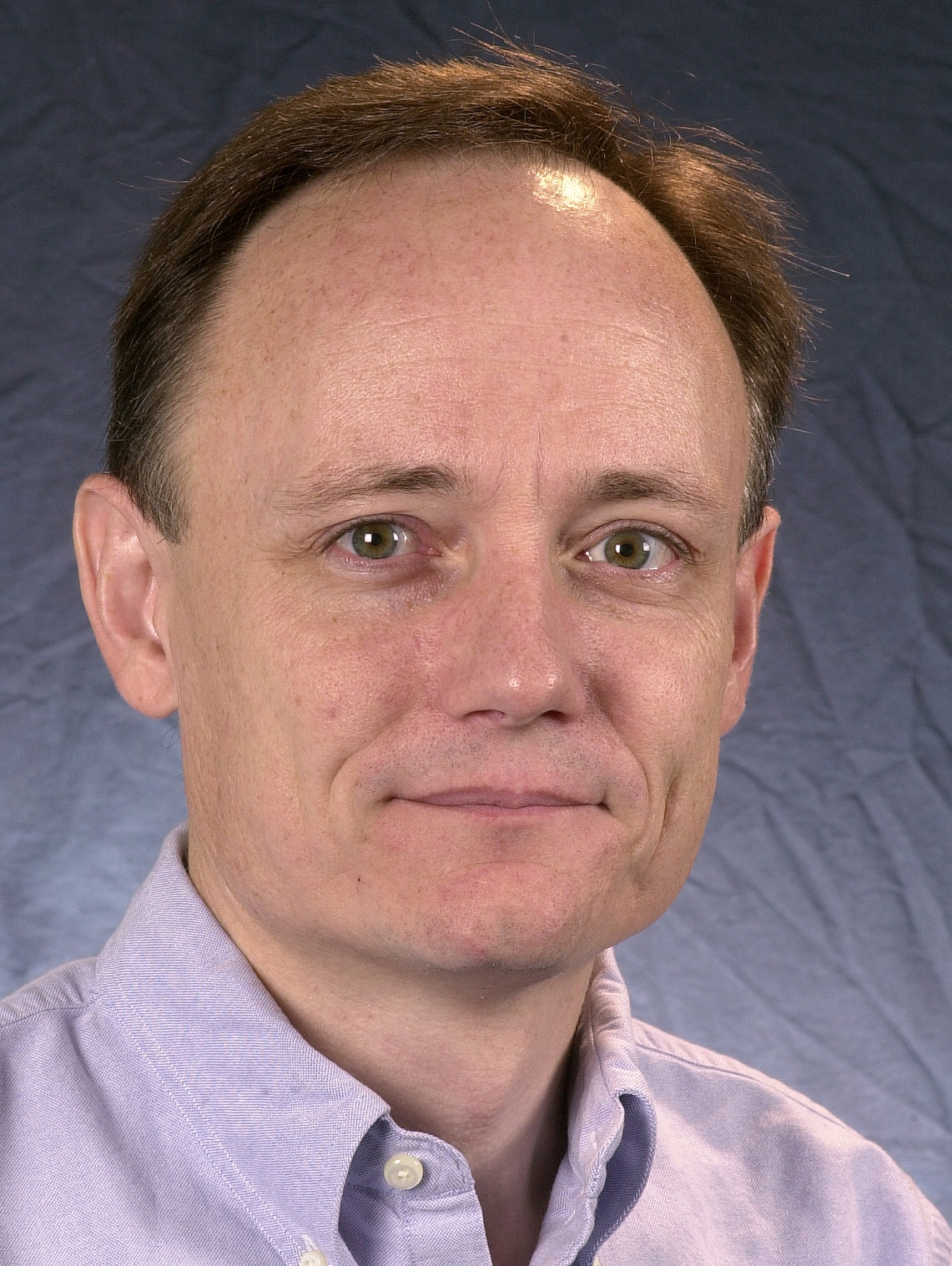PhD
Professor
UNC-Chapel Hill
Cancer Cell Biology
Area of Interest
Our research focuses on the cytoskeletal cell biology underlying invasion, metastasis, and angiogenesis. Much of our current research centers on myosin-X (Myo10), a molecular motor that has central roles in the finger-like cellular protrusions known as filopodia. Myo10 is also a key component of invadopodia, the actin-based protrusions that cancer cells use to invade their surroundings. Myo10 binds to and is activated by PIP3, a crucial signaling lipid that is upregulated in most cancers, and Myo10 appears to function as a filopodial effector for PIP3. Exciting recent work shows that Myo10 is a key protein for invasion in major forms of cancer, including breast, lung, and melanoma. We have shown that Myo10 can bind to microtubules and is involved in spindle orientation, and cancer cells have been reported to require Myo10 to successfully divide in the presence of the multiple centrosomes that are a hallmark of most cancers. We have also recently discovered that an unusual motorless form of Myo10 is expressed primarily in neural and embryonic stem cells. Our laboratory’s expertise in cytoskeletal cell biology, live cell imaging, and our extensive tool set for investigating myosins provides a firm foundation to investigate the fundamental biology of cancer and to work with the UNC Lineberger Cancer Cell Biology program to translate these discoveries into improved cancer treatments.

